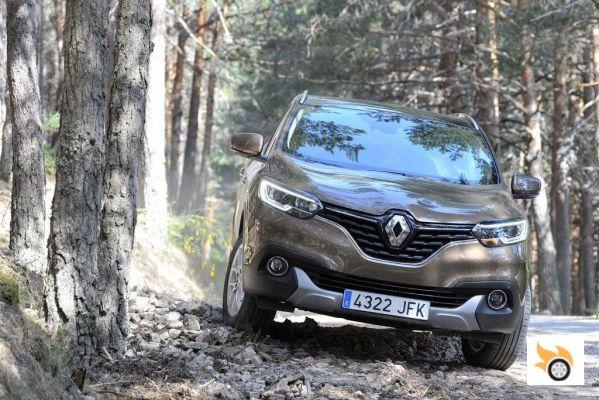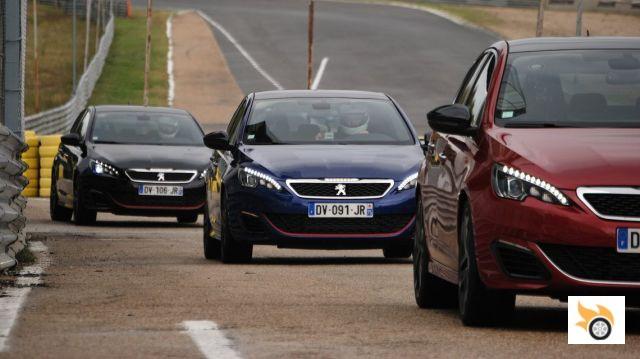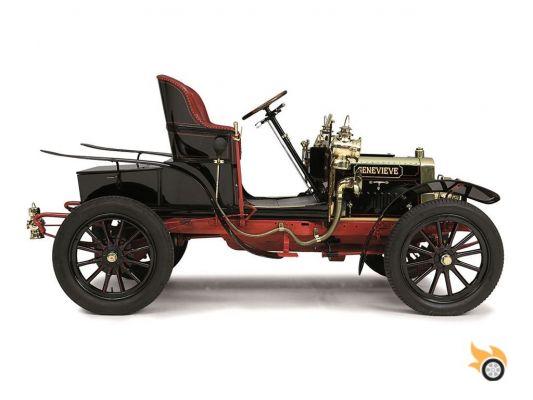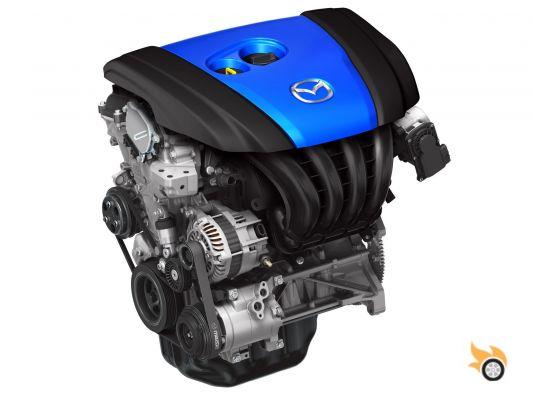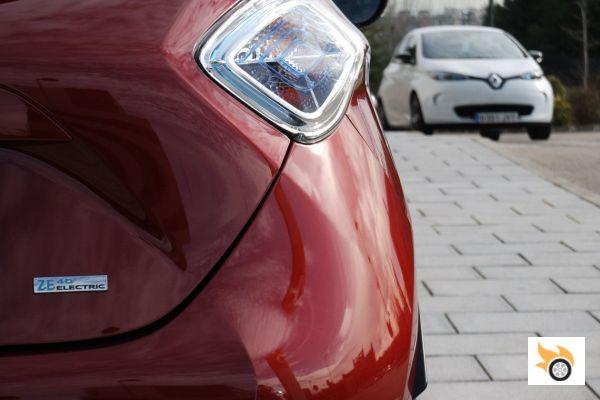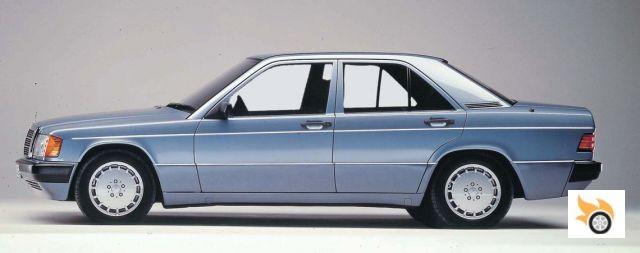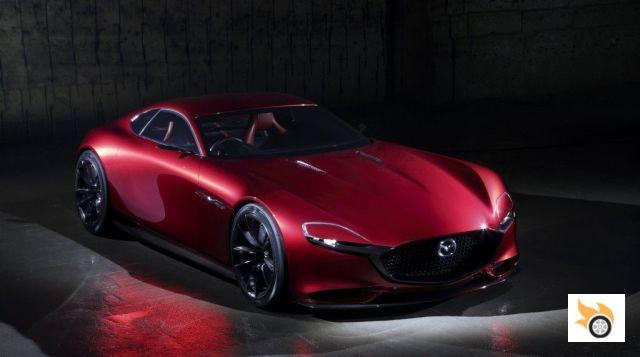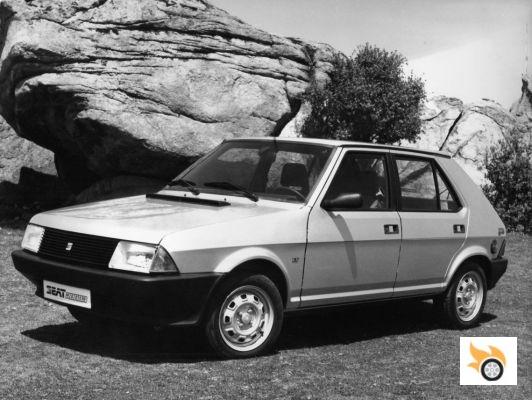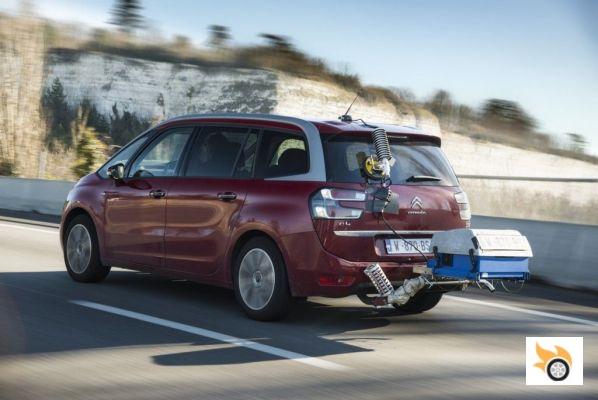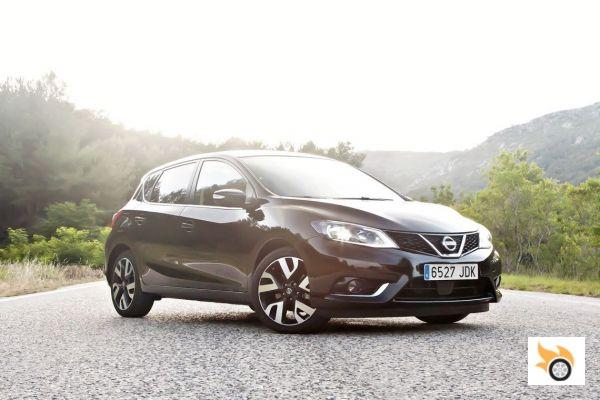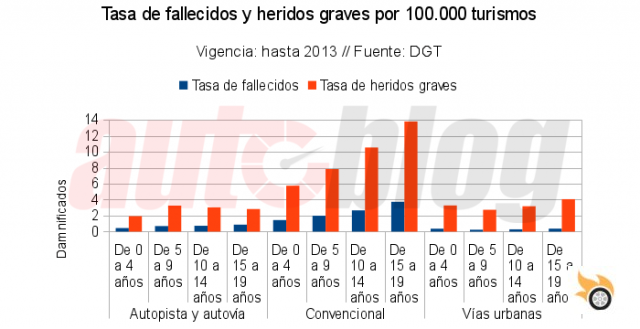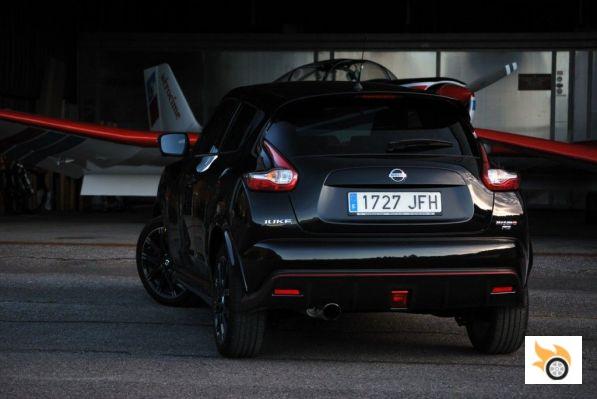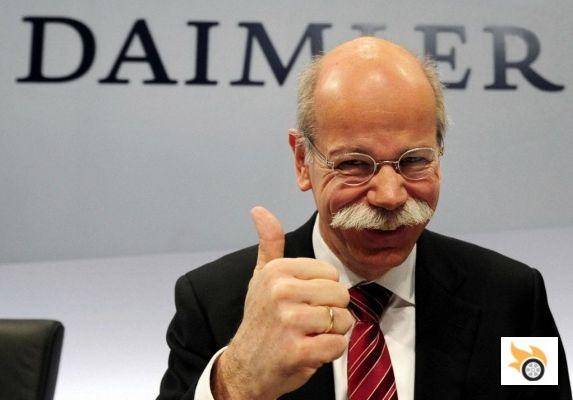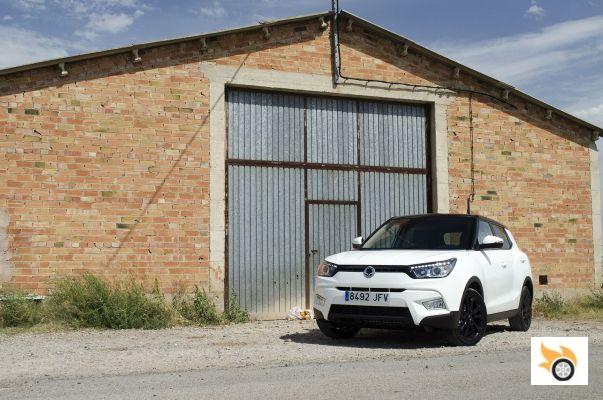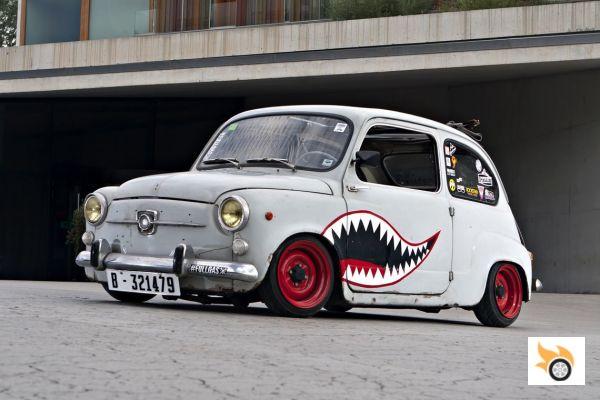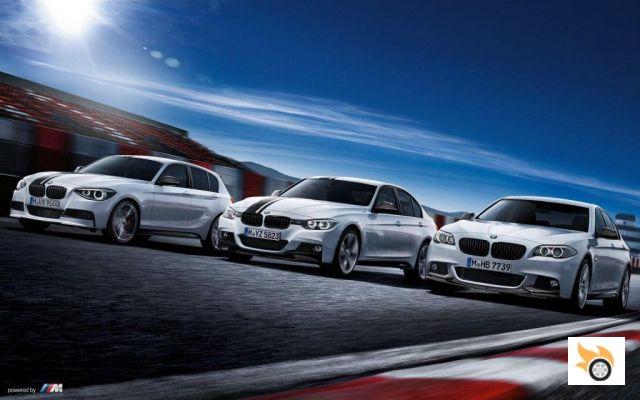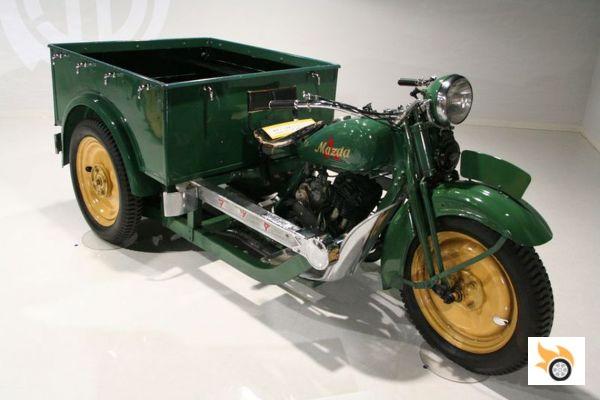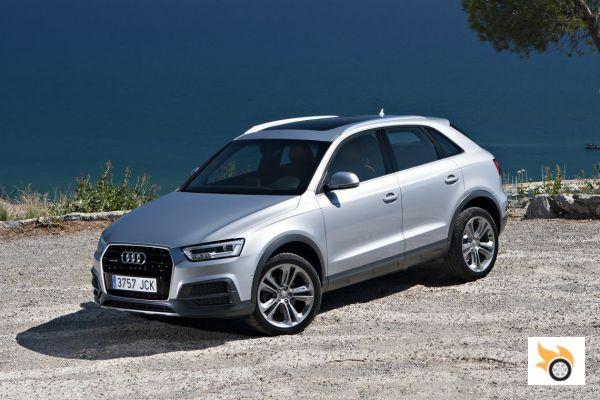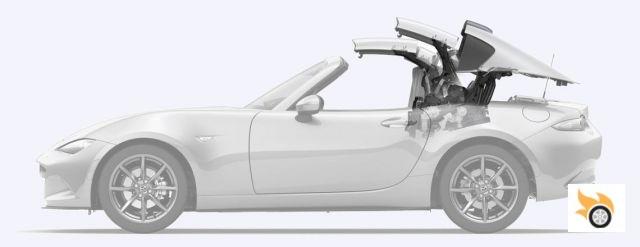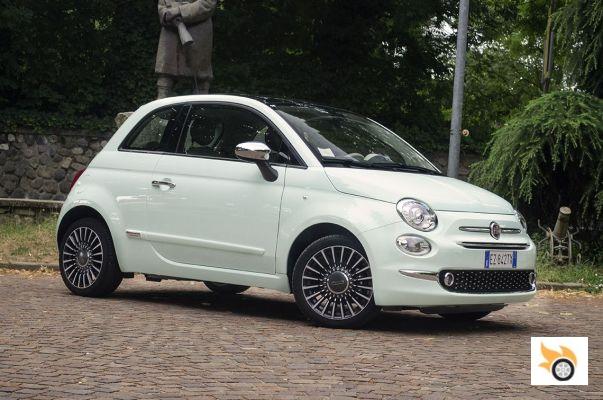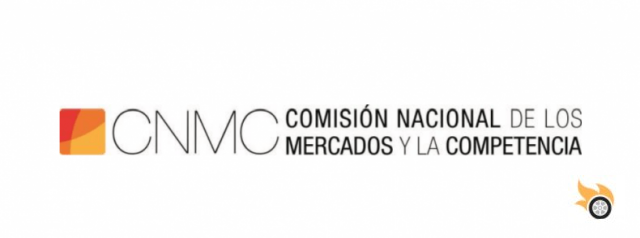
Now the penalty is much higher, amounting to 171 million euros, to be distributed among a lot of manufacturers and distributors, as well as consulting firms that facilitated the operation of the infringement through the exchange of sensitive strategic information.
It is worth remembering that this whole procedure started with information provided by SEAT, which, under the pressure of being the target of an investigation for committing this infringement, ended up giving the necessary clues to proceed with this investigation and end up fining almost all the companies operating in the automotive sector. SEAT and its associates (VAESA and Porsche) are in this case exempt from fines through this procedure, although their dealers had already assumed their responsibilities through the above-mentioned fine.
The press release of the National Commission for Markets and Competition (which you can read here), specifies the penalties for twenty car manufacturers and distributors in Spain according to the following list:
- Automóviles Citroën España, S.A: 14.768 million euros.
- B&M Automóviles España, S.A.: 776,012 euros
- BMW Ibérica, S.A.U. 8 million euros
- Chevrolet España, S.A.U. : 138,580 euros
- Chrysler España, S.L. : 265.5 euros
- Fiat Group Automobiles Spain, S.A.: 6.968 million euros
- Ford España, S.L.: 20.234 million euros
- General Motors España, S.L.U.: 22.827 million euros
- Honda Motor Europe Limited branch in Spain, S.L.: 609,325 euros
- Hyundai Motor España, S.L.U.: 4.415 million euros
- Kia Motor Iberia, S.L.: 2.074 million euros
- Mazda Automóviles España, S.A.: 656,390 euros
- Mercedes Benz España, S.A.: 2.379 million euros
- Nissan Iberia, S.A.: 3.157 million euros
- Peugeot España, S.A.: 15.722 million euros
- Renault España Comercial, S.A.: 18.203 million euros
- Snap-on Business Solutions, S.L.: 52,785 euros
- Toyota España, S.L.: 8.657 million euros
- Urban Science España, S.L.U.: 70,039 euros
- Volvo Car España, S.A.: 1.706 million euros
SEAT, VAESA and Porsche are exempt from a fine of 39.44 million euros between them thanks to having asked for "clemency" in exchange for providing the information to prosecute the rest of the firms.
Peugeot Citroën Automóviles España, S.A., Renault España, S.A. and Orio Spain are also exempted from direct sanction, according to the CNMC, "for not having been accredited the commission of infringements", being archived the investigations related to them.
The CNMC explains that the way the companies operated was through the so-called "Brand Club" since 2009, with the help of the Snap-on management company, through which sensitive and strategic information on prices and discount policies applied by each manufacturer was exchanged, in order to agree on prices and discounts and avoid an open price war.
On the other hand, with the help of the management company Urban Science, sensitive information was also exchanged from the after-sales departments in order to carry out a similar action at the level of spare parts and workshop repair costs. Strategic marketing information was also exchanged, as proven in the investigation, in order to control and agree on marketing expenses and investments by the brands.
These practices took place at least until 2013, when SEAT's whistleblower and a series of inspections by the CNMC gave rise to this investigation. The CNMC adds that some of these agreements to share strategic information date from before Snap-on's involvement, specifically from 2006, through direct agreements between brands.
It is worth remembering that free competition must be ensured in the market, according to our current legislation. The crisis situation should have provoked a discount war to maintain manufacturers' sales volumes, but the fall in prices did not correspond to the real situation, as the brands reached these agreements to defend their economic interests, something that goes against the law.
This latest collection of penalties we understand puts an end to the investigation process initiated, which has shown how both car dealers and car brands and distributors have been manipulating the free market in favour of their interests, and against the final interests of the customer.
The fines have been established in accordance with the legal scale for these cases, which is from 0.1% to 2% of the annual turnover of the companies, depending on the seriousness of the facts of each of those sanctioned. In this sense, Opel's 22.8 million represents the highest penalty, since those of SEAT, VAESA and Porsche have been discounted.




